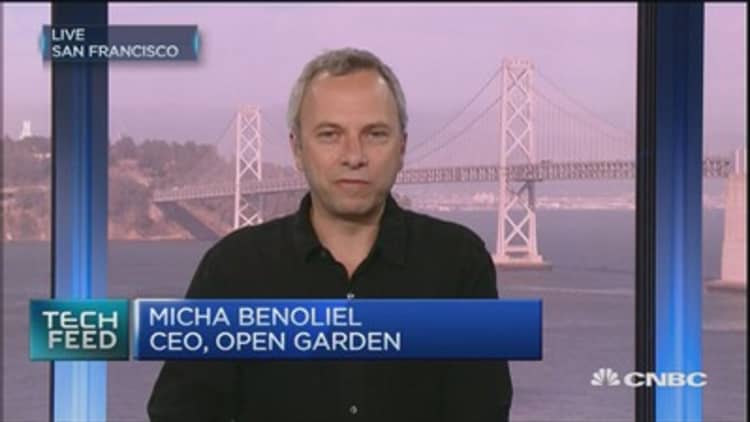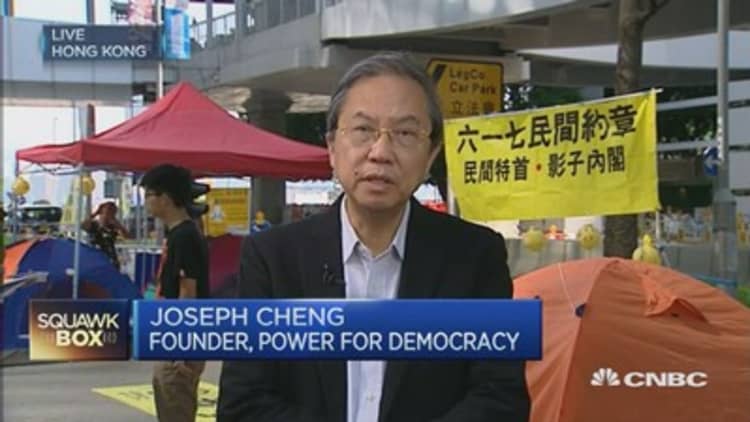The University of Hong Kong (HKU) has come under unprecedented pressure from Chinese government supporters to block the appointment of a liberal scholar, as Beijing tries to rein in freedoms a year after student-led protests rocked the city.
For more than a century, HKU, one of Asia's top universities, has served as a bastion of liberal education in the city that returned from British to Chinese rule in 1997, producing many of its top bureaucrats, politicians and lawyers.
Hong Kong's constitution guarantees the financial enclave a high degree of autonomy denied in mainland China by its Communist leaders, including academic freedom, broad individual rights and an independent judiciary.
But Beijing supporters are trying to thwart the appointment of legal scholar Johannes Chan as a university pro-vice-chancellor.
Liberals see the bid to stymie Chan as part of a broad move to limit academic freedom at an institution whose students played a major role in the 79 days of protests last year that saw thousands take to the streets demanding full democracy.
Chan is one of Hong Kong's most distinguished legal scholars and a prominent human rights advocate. He was recommended for the top academic post last year by a university search committee headed by HKU's president and a global recruiting firm.
But the university's governing council, stacked with supporters of the pro-Beijing Hong Kong government, has repeatedly delayed a vote on his appointment.

"They are trying to send a message that if someone is sympathetic to Occupy Central ... there will be repercussions," Chan told Reuters, referring to last year's protests.
Beijing's representative Liaison Office in Hong Kong did not respond to requests for comment from Reuters, nor did the office of Hong Kong leader Leung Chun-ying.
Two sources in contact with the Liaison Office said its representatives had expressed frustration that Hong Kong universities could not be controlled.
'Bubble of freedom'
A senior Western academic at the university who declined to be identified said the campaign against Chan had created a "climate of deep apprehension for all, and a climate of fear for those who are outspoken or politically involved".
"Hong Kong University was in a very special place, its own bubble of academic freedom," said the academic.
"They have moved far faster than I thought they ever would to interfere with that."
Beijing has not publicly stated its opposition to Chan's appointment but Beijing-controlled media has published more than 300 articles since November targeting him.

Many stress his unsuitability for the job given his public support for last year's protests.
Peter Mathieson, the president of the HKU, told Reuters he believed pressure on him and others who back Chan's appointment was being "orchestrated".
He said his personal emails had been hacked and some had been published in pro-Beijing media, and added that he could not rule out the possibility Beijing was behind the episode.
The university governing council is expected to hold a final vote on Chan's appointment later on Tuesday.
Read MoreHong Kong's digitized fight for democracy
A government think-tank has been lobbying council members to vote against Chan, media has reported, sparking outrage among thousands of Chan's HKU alumni supporters and academics.
Despite the controversy, Hong Kong's universities are much more free than those in mainland China.
"Universities regard themselves as paragons of free speech and freedom of expression and a place where different views can be celebrated and used to the advantage of society," said Mathieson.
"I think my job and the job of our colleagues is to do our damnedest to see those principles protected."

